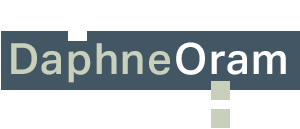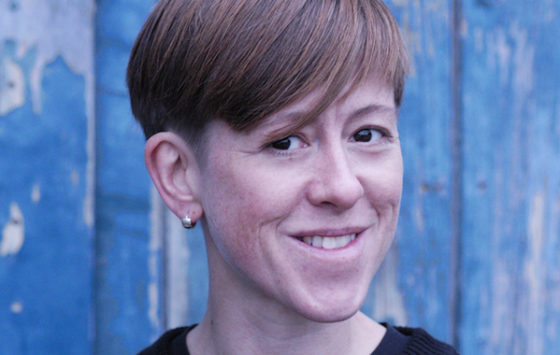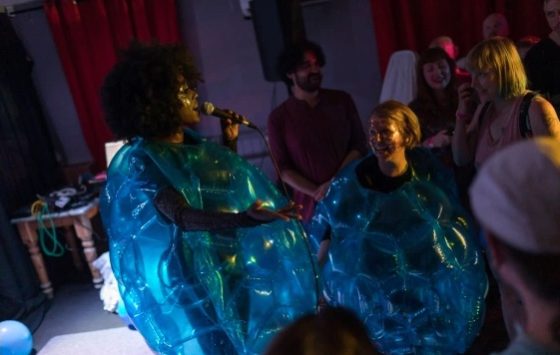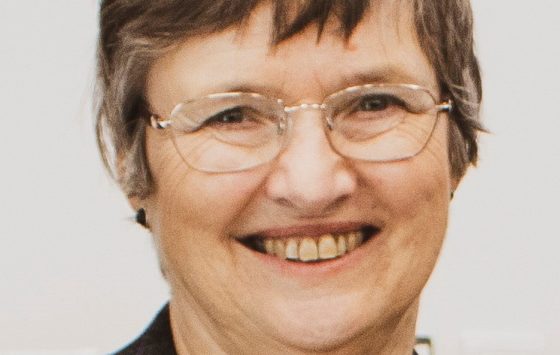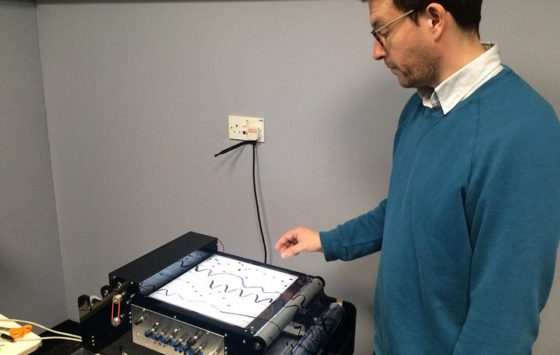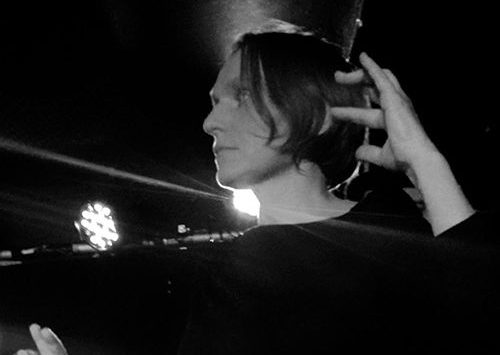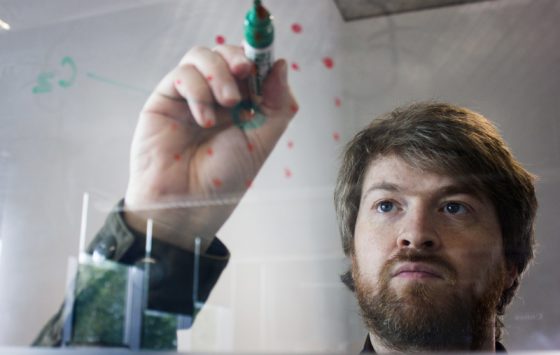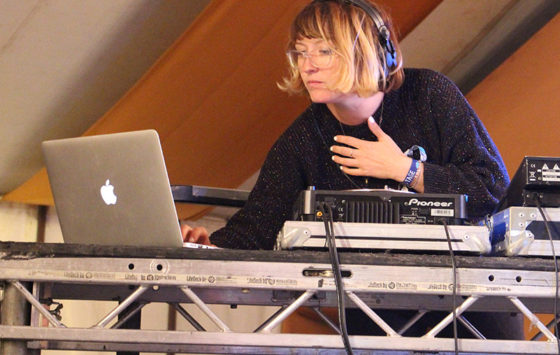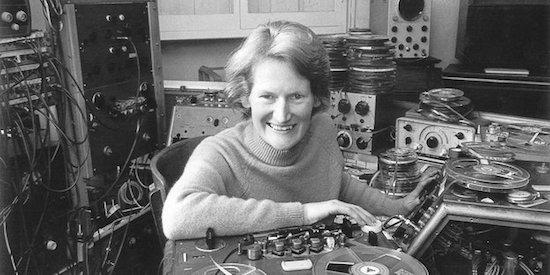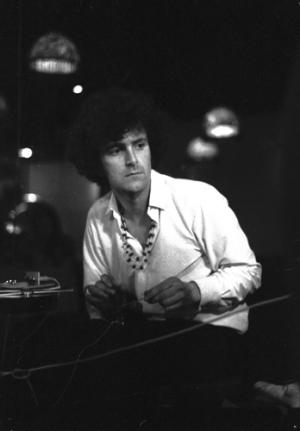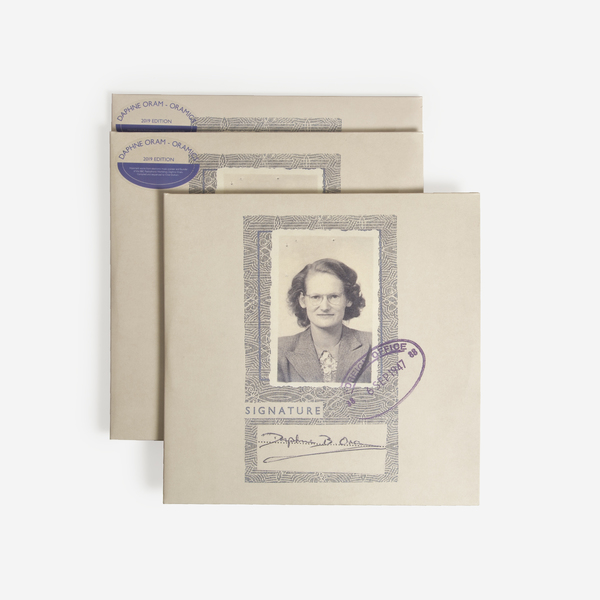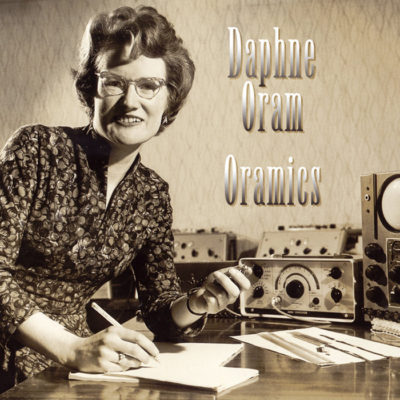Sarah Angliss is a composer, performer and electronic artist whose music uses ancient instruments, exploring and augmenting them with her own robotic inventions and bespoke electronic effects. Sarah composes electroacoustic scores for film, theatre, opera and live performance. Her music reflects an eclectic background in electroacoustic engineering, robotics, music and research into the cultural history of sound technology.
Alannah Chance is an award winning audio producer, documentary maker and sound designer who works across radio and podcasts. She is the lead producer of the adventurous music programme Late Junction on BBC Radio 3 and has made programmes for The Guardian, BBC Radio 4, Camden Art Centre and NTS, among others.
Sophie Cooper is musician, curator, educator and creative project facilitator based in West Yorkshire.
Nwando Ebizie is a multidisciplinary artist/curator and Afrofuturist whose work converges around immersive installation, performance art personas, experimental theatre, neuroscience, sound and ritual cultures of the Black Atlantic.
Mick Grierson is a Research Leader at the UAL Creative Computing Institute. From 2015-2018 he ran the Goldsmiths College MSc in Creative Computing and Computer Science. He is currently Chair of The Daphne Oram Trust and was instrumental in the Trust’s early development, the retrieval of the Oramics Machine, and establishing Daphne’s archive at Goldsmiths College, University of London.
Becca Laurence is a Creative Producer, Strategic Planner and Creative Arts Leader working mainly within the music world. She has extensive experience of developing organisations, and delivering programmes and projects that explore ideas in engaging and creative ways. She established the Learning department at Sound and Music and was Acting CEO at Sonic Arts Network. She is now Senior Producer at Brain Audio and continues to freelance with a range of partners throughout the UK and beyond.
Frances Morgan is a music and arts critic and a researcher in histories of electronic music, with a PhD in Critical Writing from the Royal College of Art in collaboration with the Science Museum. Formerly the Deputy Editor of The Wire magazine, Frances has contributed to numerous publications including Sight & Sound and Frieze, and currently lectures in Music Journalism at BIMM (British and Irish Modern Music Institute) London.
Tom Richards is an artist, electronic musician and musical instrument designer based in London. He studied Daphne Oram for his doctorate and recreated her unfinished Mini Oramics synthesiser in 2016.
Carolyn Scales is Daphne’s niece and co-founded the Trust with the support of Daphne’s heir Martin Cook and Colin Scales.
Colin Scales is a musician and chemical engineer and husband of Carolyn, Daphne’s niece.
Former trustees
Thanks to Martin and Viv Cook, Richard Whitelaw and Phil Hallett for all their early work with the The Trust:
Martin and Viv Cook were founding trustees, resigning in 2012 when they felt that The Trust and Oram’s legacy were in good hands.
Richard Whitelaw worked extensively in arts programming at the Sonic Arts Network, Sound and Music, and beyond, and is a long-standing advocate for new music across the UK. Richard spear-headed the reprint of Daphne’s ‘An Individual Note’ during his time with the Trust. He is now a full-time integrative coach, counsellor and facilitator.
Phil Hallett was CEO of Sonic Arts Network, producer at ENO and Southbank Centre, and is now CEO of Coda Music Trust in Dorset. During his time at Sonic Arts Network Phil played a significant part, along with Mick Grierson, in retrieving Daphne’s papers and securing funding to create the Daphne Oram archive which later developed into the Trust. Early in the Trust’s history Phil curated and produced key events to raise awareness to Daphne’s work and build the Trust into what it is today.
